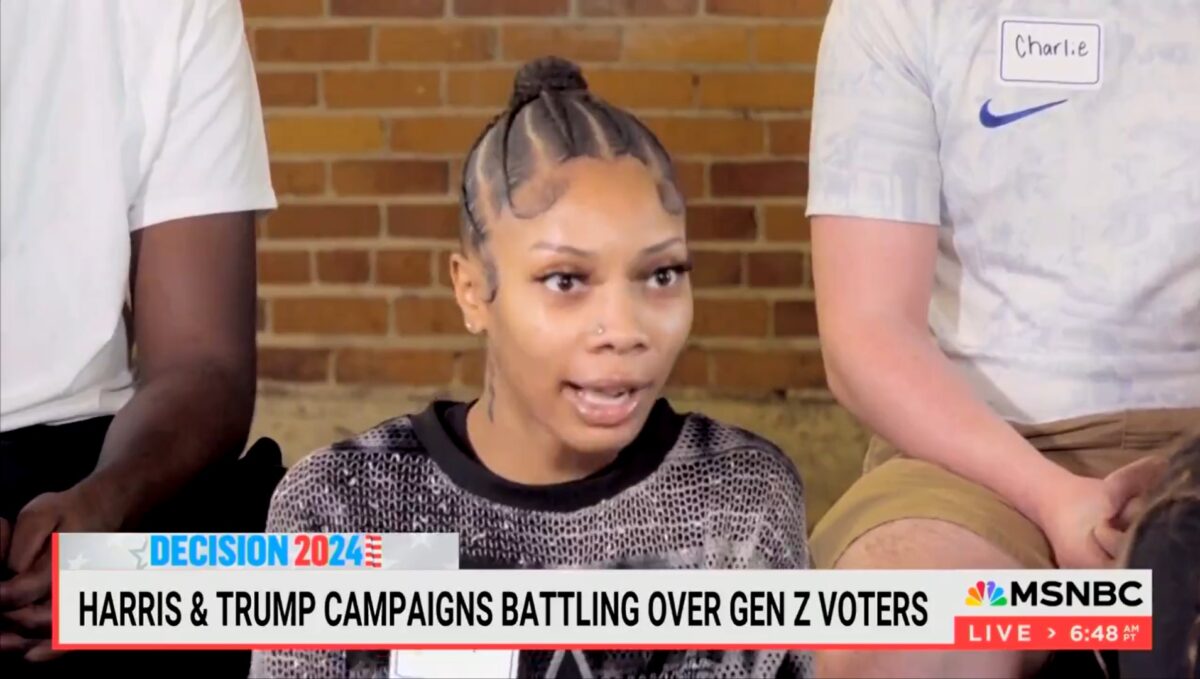In a recent televised session, MSNBC’s attempt at gauging public opinion through a focus group took an unexpected turn, sparking widespread discussion about media credibility and bias. Aiming to capture the pulse of the nation, the network assembled a diverse group of participants to weigh in on current political dynamics. The session, however, veered off script as participants openly challenged the network’s narratives, leading to a lively, albeit chaotic, exchange.
Intended Purpose: Gauging Public Sentiment
The focus group’s primary purpose was to delve into public sentiment surrounding the upcoming election and key political issues. With a mix of voters spanning various demographics, MSNBC hoped to spotlight a range of perspectives, ideally aligning with their editorial stance. However, the plan faltered when several participants began critiquing the network’s perceived slant, questioning the framing of topics and the selection of discussion points.
Participants Push Back Against Network’s Narrative
As the session progressed, tensions rose. Participants aired grievances about what they saw as biased reporting and selective coverage, turning the spotlight back on MSNBC itself. One participant’s pointed comment about feeling “misrepresented” resonated with others, leading to a chorus of agreement that disrupted the intended flow of the session. The network’s moderators struggled to regain control, their attempts met with further resistance from the group.
Gen Z voter details her struggles in the Harris economy: "Why is a one bedroom apartment $1600? Rent prices are outrageous — and these jobs — they're bare minimum jobs." pic.twitter.com/3WxJm8tsK6
— Trump War Room (@TrumpWarRoom) August 15, 2024
Challenges to MSNBC’s Credibility and Media Skepticism
The reactions within the focus group highlighted a significant disconnect between media portrayals and public perception, raising questions about the effectiveness and integrity of such exercises. On social media, the fallout was swift, with clips of the session circulating widely, prompting viewers to debate the role of media as a neutral conduit of information versus a driver of specific agendas.
For MSNBC, the incident poses a challenge to its credibility, emphasizing the delicate balance between editorial direction and audience engagement. It underscores the growing skepticism toward mainstream media, a sentiment increasingly vocalized by audiences who feel marginalized or misrepresented. The broader implications extend to the media landscape as a whole, suggesting a need for introspection and potential recalibration of approaches to audience interaction and news delivery.
Navigating Trust and Transparency in Modern Media
This focus group debacle shines a light on the evolving relationship between media outlets and their audiences. As news consumers become more discerning and vocal, networks like MSNBC must navigate these waters carefully, fostering trust through transparency and inclusivity. The incident serves as a reminder of the power dynamics at play and the critical role of media in shaping, or sometimes distorting, public discourse. As such, media outlets are increasingly tasked with bridging gaps, ensuring that their platforms serve as genuine reflections of diverse perspectives rather than echo chambers for predetermined narratives.




Call me whatever you want, but the girl speaking might be the only one from that group that I would ever higher. She at least was somewhat “presentable.” You want a real job, get real experience.